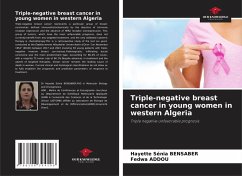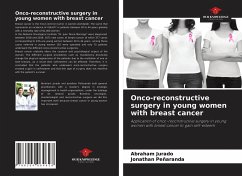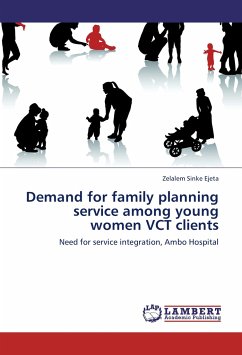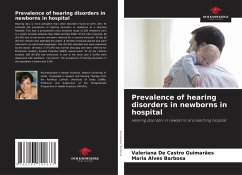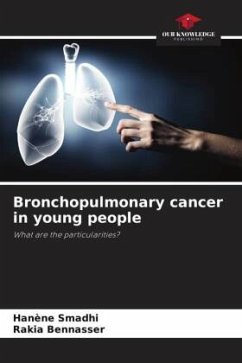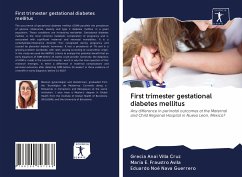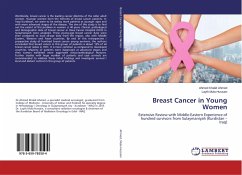
Breast Cancer in Young Women in an Oncologic Hospital in Amazonas
Breast Cancer in Young Women
Versandkostenfrei!
Versandfertig in 6-10 Tagen
27,99 €
inkl. MwSt.

PAYBACK Punkte
14 °P sammeln!
Breast carcinoma is uncommon in young women, constituting 5% to 14% of cases in some series and presents a worse prognosis, since the diagnosis is made when the patient is symptomatic and, therefore, has already progressed to a more advanced stage of the disease. Consequently, a higher mortality rate and lower disease-free survival is observed when compared to patients in the postmenopausal period. The higher vulnerability of young women to advanced diagnosis is justified by the lack of screening actions and difficulty in reading and interpreting mammographic results due to the high breast den...
Breast carcinoma is uncommon in young women, constituting 5% to 14% of cases in some series and presents a worse prognosis, since the diagnosis is made when the patient is symptomatic and, therefore, has already progressed to a more advanced stage of the disease. Consequently, a higher mortality rate and lower disease-free survival is observed when compared to patients in the postmenopausal period. The higher vulnerability of young women to advanced diagnosis is justified by the lack of screening actions and difficulty in reading and interpreting mammographic results due to the high breast density. Another factor that may collaborate is the false perception by many health professionals that young women are not at risk of developing cancer, devaluing the initial signs and symptoms of the disease. Contributing to an increase in the incidence in women under 40 years of age in the last decade. The screening of young women and the identification of early lesions would reduce the possibility of mutilation and create the possibility of offering alternative treatments in which body contour and self-esteem are maintained, favouring the well-being of the patient.



